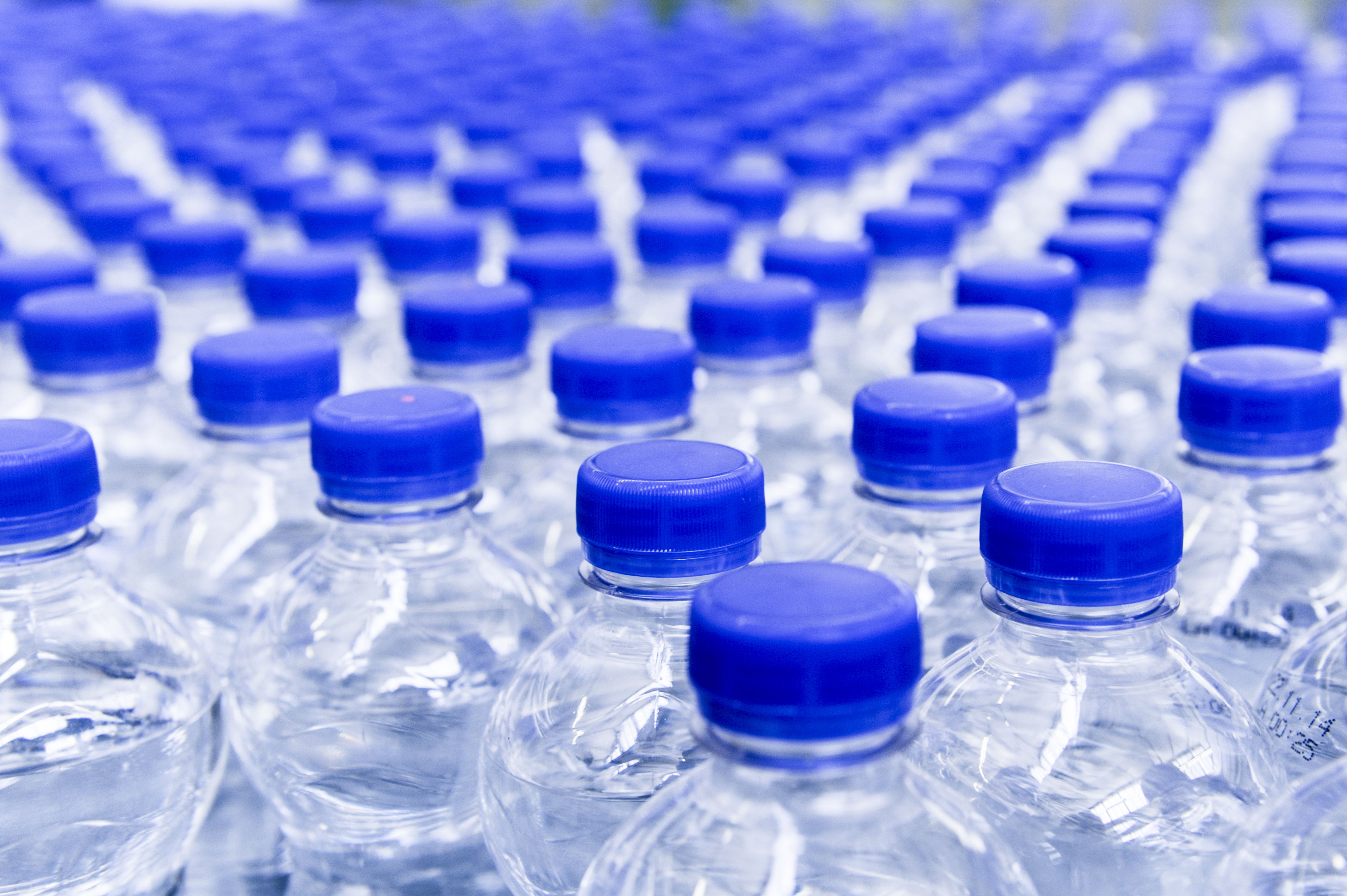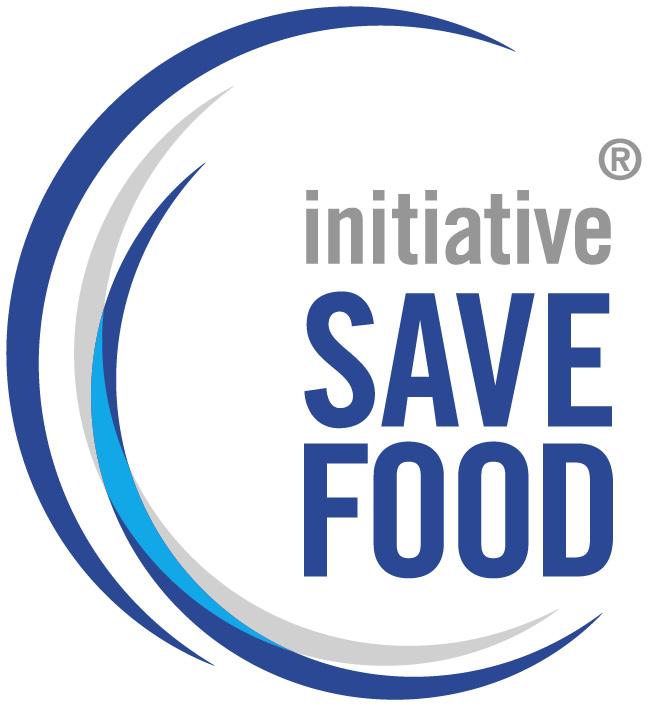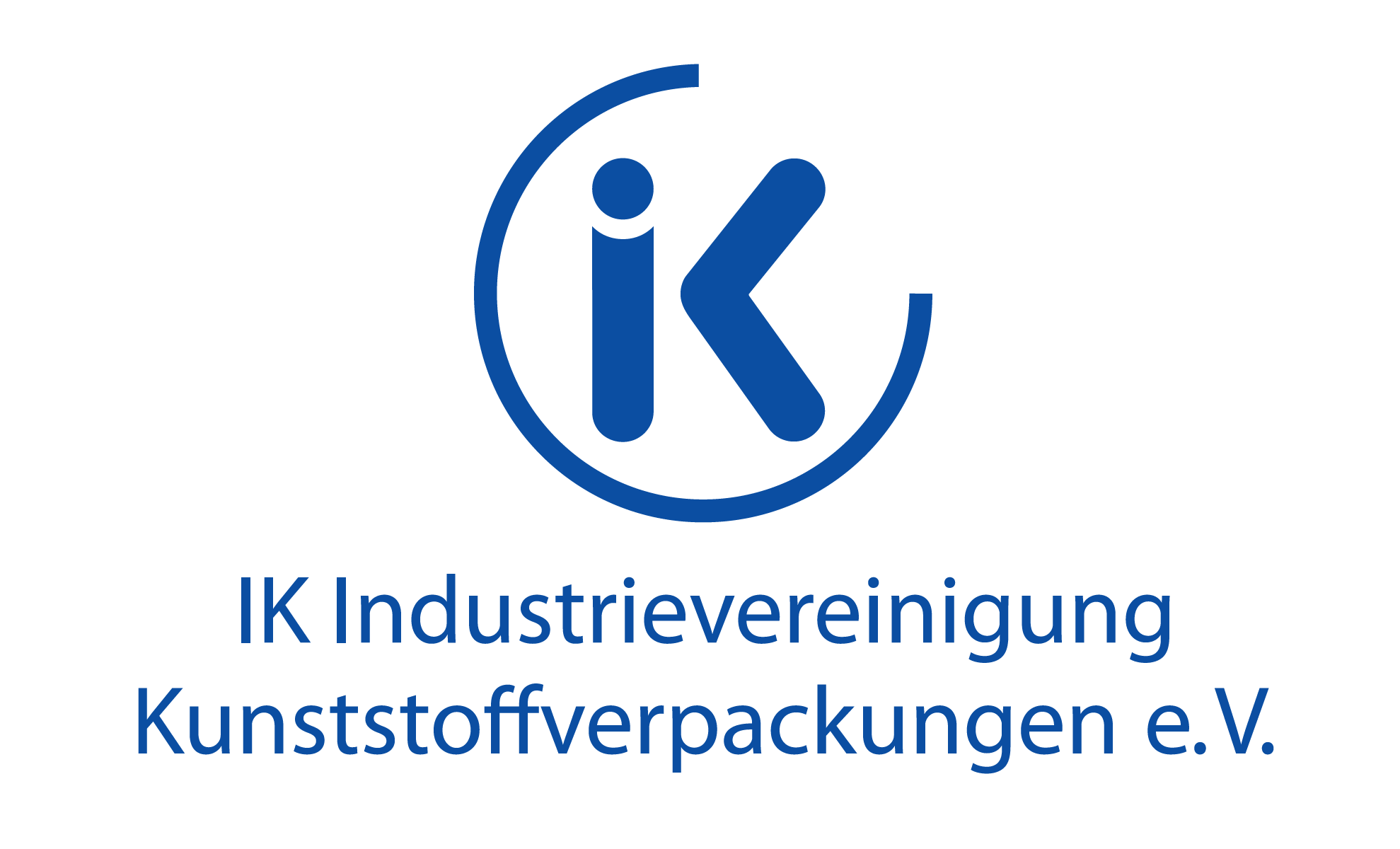One of the most important functions of packaging is to transport products to the consumer intact. This is also important for the environment. Damaged goods mean that raw materials and energy used in their production are wasted. In the case of food, this would constitute 90 per cent of their ecological footprint.
Protection is required against a large range of environmental factors to maintain a product’s shelf life, hygiene and quality. At the same time, the product must be protected from insects and microorganisms – or the environment needs to be protected from the product. Plastic containers are highly suitable for transporting and storing hazardous materials such as acids, alkalis and other chemicals.
The high protective function of plastics packaging becomes particularly clear with foodstuffs. According to a study conducted by the UN Food and Agriculture Organisation (FAO), around 1/3 of food around world does not reach the consumer. It rots beforehand during transport or in storage.
The figure in Europe is still 20 per cent of all food produced. This is 88 million tonnes a year, i.e. 173 kg per person. This harms consumers, society, the economy and the environment.
In contrast, the activities of the EU Commission as well as the German government in this area focus primarily on food that is thrown away which is still edible. They have shown little interest in the aspect of extending the life through suitable packaging materials.
The many protective barrier characteristics of different types of plastics make them ideal for preventing food from spoiling. This is why we are a member of the SAVE FOOD Initiative of the Food and Agriculture Organisation of the United Nations (FAO), the United Nations Environment Programme (UNEP) and Messe Düsseldorf GmbH.

Stop waste – save food
While criticism of food wrapped in plastic frequently surfaces in the media, studies have shown that it helps to keep food fresh longer and improves its CO2 footprint.
Cucumbers wrapped in plastic film stay fresher for longer in the supermarket, reducing the amount that the supermarket has to dispose of by 51 per cent. The cucumber’s CO2 footprint is 53 times greater than that of the packaging film. 383,000 tonnes of cucumbers are eaten in Germany each year. The benefit to the environment of reduced CO2 emissions through the use of plastic film is therefore considerable.
We also emphasise the protective functions of plastic packages as part of the PackTheFuture Award with the PRODUCT PROTECTION prize category. Furthermore, we use brochures and explanatory video clips to demonstrate the special protective functions of plastic packaging. As IK Industrievereinigung Kunststoffverpackungen e.V., one of our special concerns is to point out that plastics packaging offers economic, ecological and social benefits, thus contributing to the sustainable development of society.

